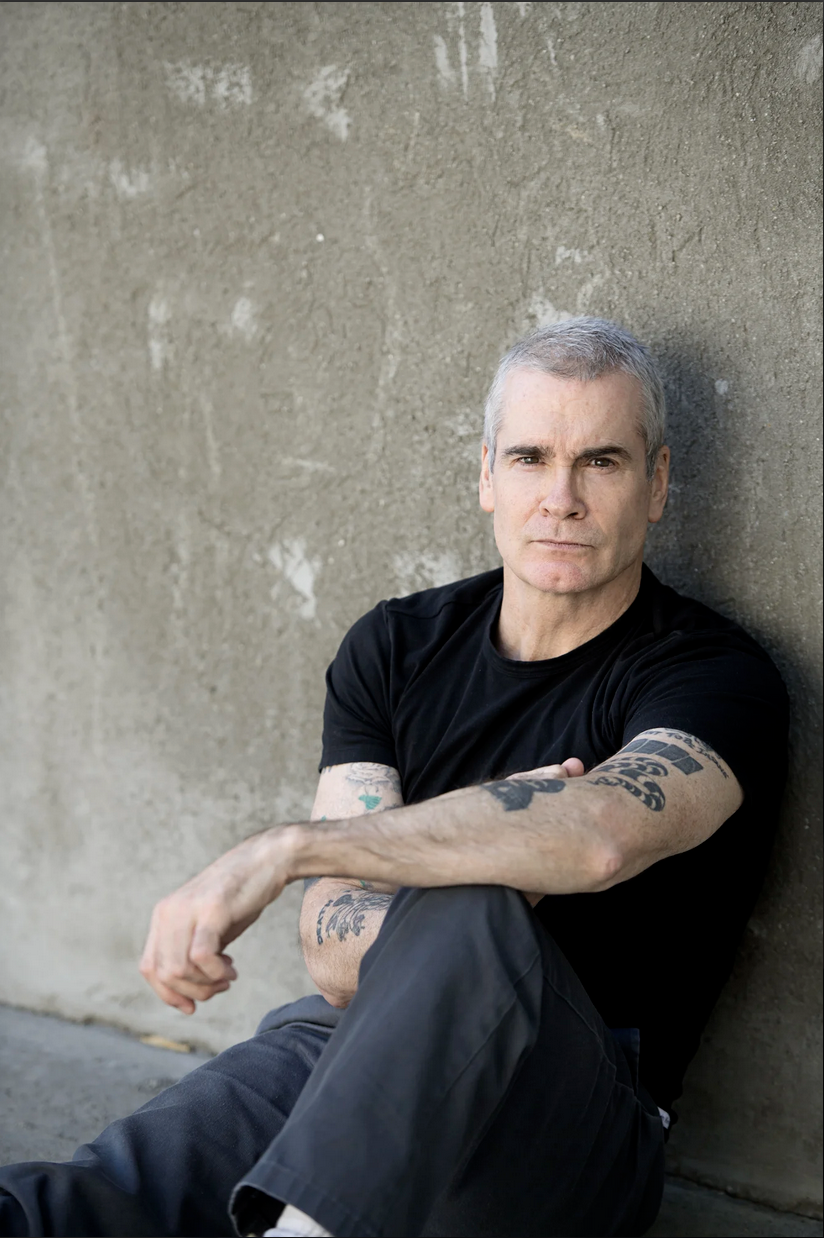The first passenger on commercial QANTAS flight on Australian soil was an 84 year old man by the name of Alexander Kennedy. Despite being told by friends and family that air travel was potentially unsafe, he merely told journalists "Damned be the doubters!"
I remember reading that in my history book at high school. I was early to science class one morning and my teacher approached me amid my quiet solitude. He glanced at my book, pompously pinched a leaf between two fingers and remarked derisively: "History, eh? You must have a test coming up."
I replied that I hadn't. He flashed a quizzical look at me. Possibly because my marks in science were decidedly rotten and I ought to have been reading my science book instead. Why on earth would I read history in science class? Didn't I know that history is at best a "hobby?" and left to the academic "experts?" Surely no one could make a living from history!
But now, I remember the words of Kennedy. "Damned be the doubters" could be taken as a roaring Twenties variation on "Haters gonna hate" - those who doubt you will relish in your failure but will agonize over your accomplishments. Though it escaped my purview at the time, I did get quite good marks in the arts and humanities though I'd never take any stock in them. Gaining "A"s for history and politics meant nothing while I almost failed mathematics or science. Time and again my family was encouraging me to take up engineering or IT because there was "better money in it." During one point they even professed that taking up a trade was a more worthwhile endeavor than to attend university and pursue a "ridiculous" dream typing up letters and hoping to be paid for them.
Yet, despite oft-repeated criticism, I still love history. Moreover, I still have enough self-belief to damn the doubters and forge ahead.
Most recently, I came into correspondence with Dr. Herb Goldberg. He is a psychologist and a man whom I'd never have dreamed of talking to without a natural curiosity and a drive to find stories and tell them. Its a validation that a faithfulness to my craft has yielded me much joy despite the hardships I've faced.
I feel that my choices in life have not been ideal insofar my financial well-being is concerned but they have been personally and intellectually satisfying. I wonder now, a day after the completion of my Masters degree if I would reverse the decision to study and merely accept any full time job that came my way; and I wouldn't. I have proved to myself that I can do it. Ultimately, that's all that matters.

